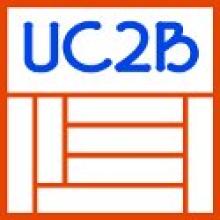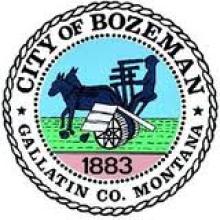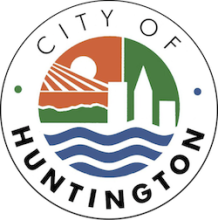Locals Celebrate iTV-3 and UC2B Expansion in Champaign-Urbana
The expansion in Champaign-Urbana has begun! On May 8th, iTV-3 held a ribbon cutting to celebrate the start of its plan to bring fiber to the homes of neighborhoods that sign up for service. IllinoisHomePage.net reported on the event with the video below.
An April press release announced the celebration that kicked off efforts to meet iTV-3's ultimate goal:
This will enable iTV-3 to expand the network and provide Gigabit service to more than 250,000 homes including 45,000 households and businesses in the Champaign-Urbana area.
The company has promised to expand to neighborhoods where they achieve a 50 percent commitment.
Earlier this year, the ISP increased speeds for free in order to offer service that meets the minimum speeds as revised by the FCC. The lowest tier available from iTV-3 via the UC2B network is now 30 Mbps. All speeds are symmetrical.
The UC2B partnership with iTV-3 has been heralded by public leaders. UC2B's private sector partner, iTV-3 is an Illinois company with a track record of business decisions that support local communities. Their agreement is structured in such a way that will protect the UC2B nonprofit and subscribers in the future. At the event, a representative from iTV-3 briefly described the company's approach to the communities it serves:
"We own and operate the Family Video stores nationwide as well, and for us, we've always enjoyed being part of the community and this in and of itself is a community wide effort," said Trevor Rice, who is the marketing director for iTV-3. "Without the community's involvement, we're not going to be able to expand."











